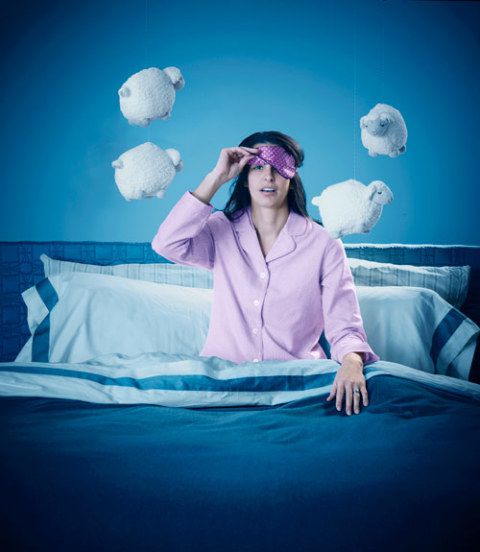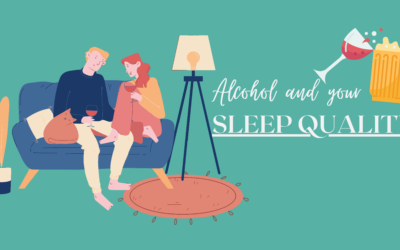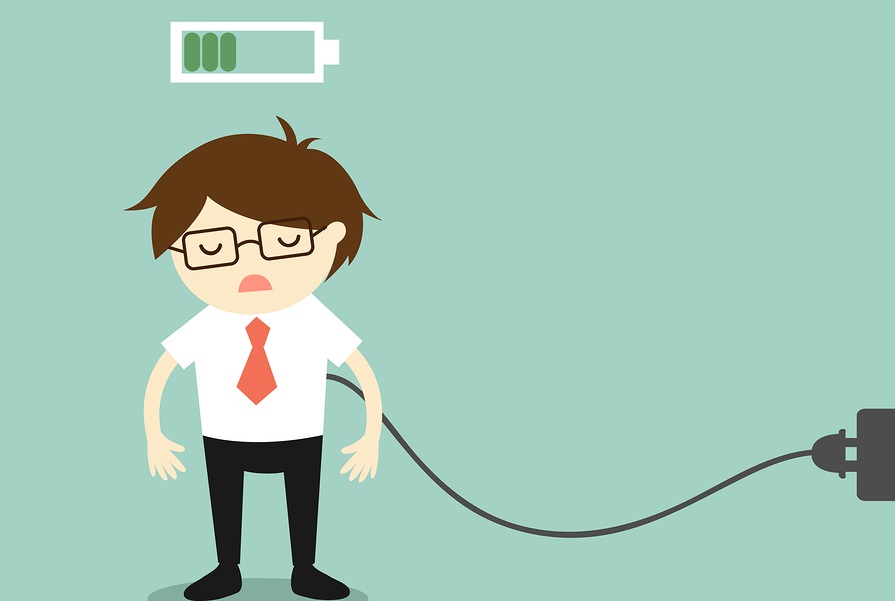-
Pingback: The Basics of Restless Leg Syndrome | Ohio Sleep Treatment
Sleep Issues in Women: Sleep Disorders, Pregnancy, and Menopause
In the following article, we are focusing on sleep issues in women. More specifically, we will consider unique factors, such as pregnancy and menopause, that increase the risk of sleep disorders in women. Hormonal changes around a woman’s cycle, pregnancy, and of course menopause, all impact sleep issues in women. All of these events have implications on not only women’s ability to fall asleep but also the quality of their sleep.
Menopause and Sleep
The occurrence of Obstructive Sleep Apnea is significantly less for women compared to men when we look at women that are pre-menopause. The numbers are staggering, with men being twice as likely to have sleep apnea compared to women. However, once women go through menopause the prevalence increases from 21 to 47 percent. There are so many changes happening post menopause, sleep-disordered breathing may not be top of the list relevant to the symptoms women are presenting. Women don’t tend to be loud snorers, have witnessed apneas, or large neck sizes. Without these traditional ‘signs’ of sleep apnea, physicians may be reluctant to test for it.
Pregnancy and Sleep
Pregnancy is another time when women frequently experience struggles with sleep quality. Often, the sleepiness is due to the energy it takes to create a human being inside their belly! Yes, that definitely is a reason to be tired. However, there are other reasons that women might be sleepier during pregnancy. You guessed it… sleep apnea! Sleep apnea and other sleep disturbances like Restless Leg Syndrome during pregnancy exacerbate the fatigue and tiredness associated with pregnancy. These sleep disorders can affect the baby too. These pregnancies can result in preterm delivery, prolonged deliveries, smaller babies and increased rate of C-Sections. It’s important that mom is breathing appropriately and feeding baby that oxygen that it so desperately needs for development.
In Conclusion
Don’t let a potential undiagnosed sleep disorder, like obstructive sleep apnea, go untreated any longer. Sleep is a necessity for achieving optimal health, especially when factors such as pregnancy and menopause are present. Take our quick 8-question-STOP-Bang questionnaire here to determine your level risk for OSA. It’s time to “Sleep Like You Mean It!”



